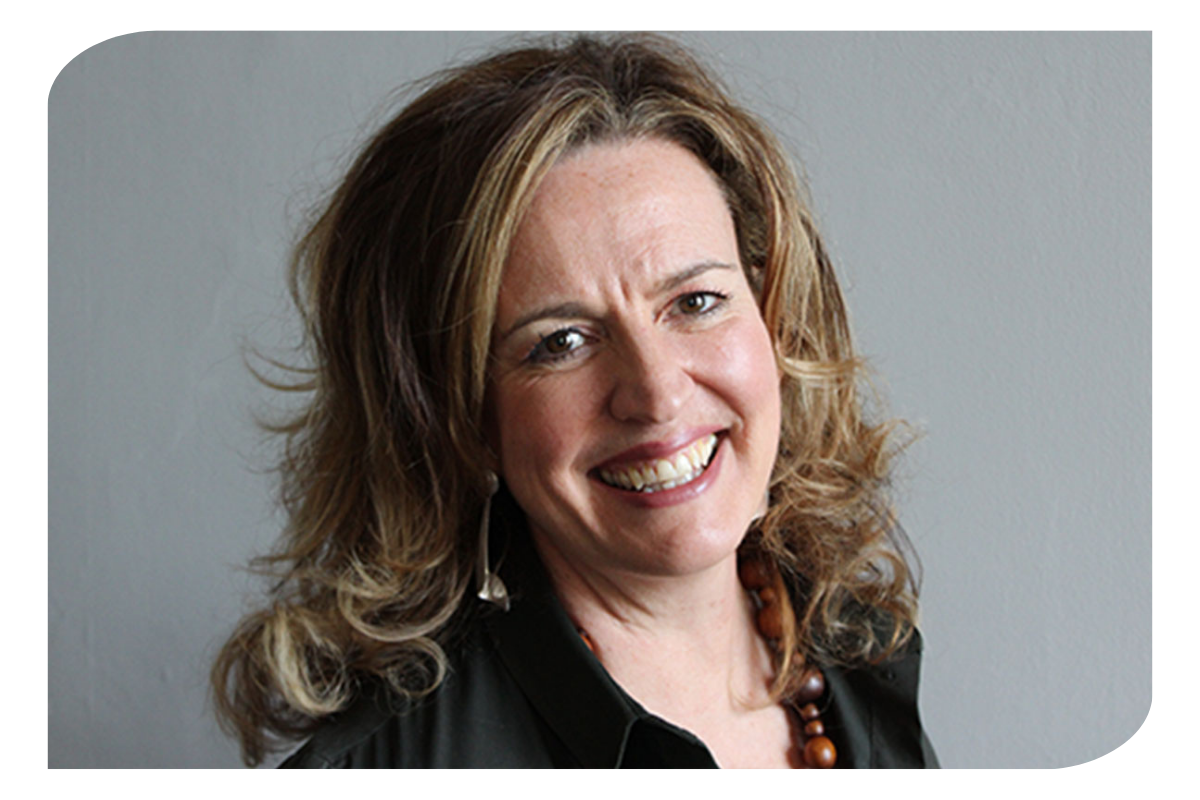
27 Apr 2020
By Alison McRae, Senior Director Glasgow Chamber of Commerce
It’s an understatement to say what a difference a few months have made in the current climate, particularly for the major events industry, now referred to as mass gatherings.
In November Glasgow celebrated its latest accolade, named as the World’s Leading Festival and Event Destination at the World Travel Awards. This recognition was for the city’s excellence in delivering major sporting and cultural events, beating competition from London, Cape Town and Dubai.
Then shortly afterwards, the Glasgow Convention Bureau was awarded Gold for the 14th consecutive year at the Meetings & Incentive Travel Awards with the University of Strathclyde’s TIC and the SEC also recognised.
The SEC, comprising the SSE Hydro Arena, the Armadillo and the SEC Centre facilities, is the heart of our city’s major events offer and over the years both the site and its team have gathered a smorgasbord of global awards. The Hydro is one of the top five live entertainment venues in the world for ticket sales and the combined site attracts two million visitors a year.
But now the country is in lockdown, with the SEC transformed in three weeks into the NHS Louisa Jordan temporary hospital, part of the Scottish Government’s contingency planning response around COVID-19.
It has shone light on the importance of genuine collaboration of a cross-discipline team which consisted of SEC staff, NHS clinicians and the design and construction industry, led by Balfour Beatty alongside GRAHAM, Keir and Robertson Groups.
At the heart of all of this is people. The SEC’s very differing roles now and when recovery takes place are symbols of that.
At present we are reacting to care for people with major projects like NHS Louisa Jordan as we fight this unprecedented global pandemic. However, as human beings we also have an inherent need for social interaction essential to our wellbeing, and major events are such an important part of this fundamental need.
For now, mass gatherings are not an option, but the SEC team is already working to re-schedule the programme of concerts and conferences for when we emerge from this crisis.
Incorporating elements of social distancing will no doubt play a role for some time, including in the thinking as the city continues working with UK Government on the planning for COP26 in 2021, with the SEC at the centre.
As we look to the future it will be so important that both the Scottish and UK governments return to the previously evident level of ambition across the board as part of the plans for economic recovery.
Harvard Business Review economists state that some tactical long-term infrastructural investment will have a key role to play in these plans, and we see the previously proposed investment in the SEC conference facilities to bring it in line, or ahead of, global competition in Sydney, Vancouver and Barcelona, as a prime example of what is required!
The total project cost of £180m would be spread over seven years and studies show it would generate substantial GVA and tax revenues for Scotland and the UK, supporting thousands of jobs across the UK, with 1364 of these in Glasgow.
For now though, we must all hunker down at least for the next three weeks extended lock down period knowing it will be a little further away again until we experience our favourite artists on the Hydro arena stage or welcome global conferences back to Time Out’s World’s Friendliest City.
We do, however, always have hope and we must be able to believe economic recovery is accessible and soon, with the SEC and Glasgow’s major events schedule playing a leading role.
Alison McRae is senior director at Glasgow Chamber of Commerce